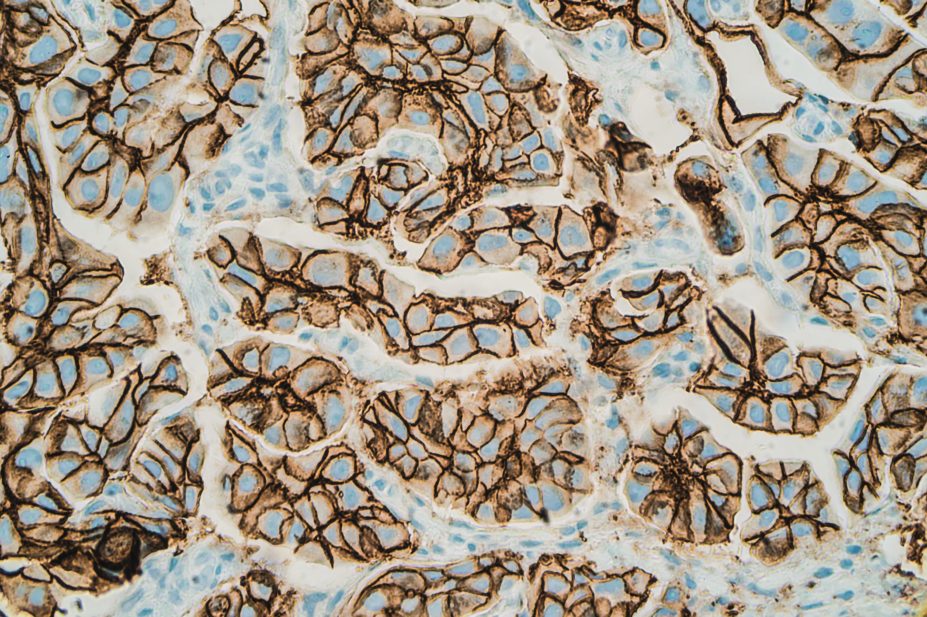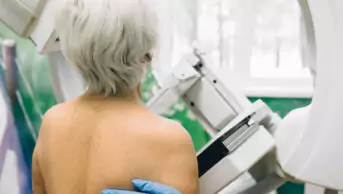
Shutterstock.com
Aromatase inhibitors are highly effective in oestrogen receptor-positive (ER+) breast cancer, but many patients develop treatment resistance.
To understand the molecular mechanisms of resistance, researchers from the Institute of Cancer Research in London studied gene expression in multiple ER+ cell lines subjected to long-term oestrogen deprivation.
They found that the cholesterol biosynthesis pathway was upregulated in resistant cell lines that continued to express ER. This enabled the cells to make their own “fuel” by producing 25-hydroxycholesterol (HC), allowing them to grow despite a lack of oestrogen. Blocking key enzymes in the pathway reduced proliferation of the cancer cells by 30–50%.
Reporting in Breast Cancer Research (online, 1 June 2016)[1]
, the researchers suggest that the 25-HC pathway could be used to identify resistance to hormone therapy and the effect of lowering cholesterol on treatment efficacy should be explored in a clinical trial.
References
[1] Simigdala N, Gao Q, Pancholi S et al. Cholesterol biosynthesis pathway as a novel mechanism of resistance to estrogen deprivation in estrogen receptor-positive breast cancer. Breast Cancer Research 2016;18:58. doi: 10.1186/s13058-016-0713-5


